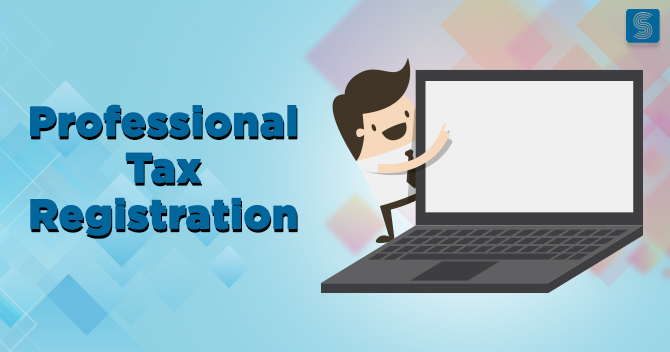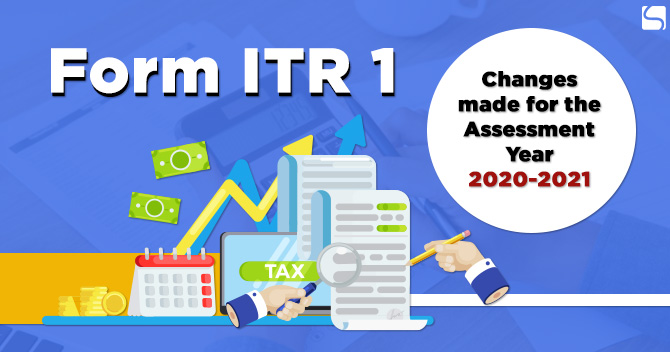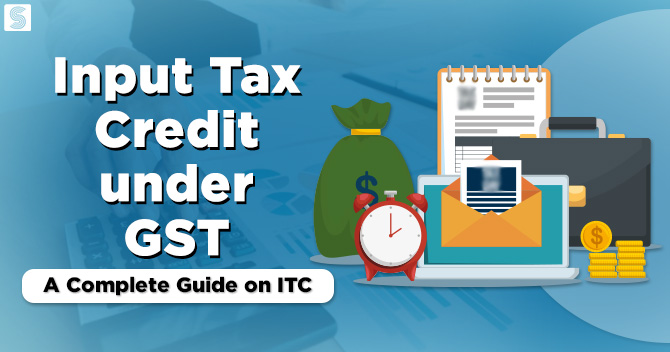All about Professional Tax Registration in India

Dashmeet Kaur | Updated: Mar 11, 2020 | Category: Income Tax
Taxation holds vital importance for anyone pursuing his profession and earning income from it. If you are a salaried employee, then you must have come across ‘Professional Tax’ mentioned on the salary slip. It is a direct tax levied by the State Governments in India on individuals earning income through practicing a profession such as Company Secretary, Lawyer, Chartered Accountant, Doctor etc. However, such tax is not only imposed on professionals but also applies to all salaried employees in Government or Non-Government institutions. This document will provide a better understanding of Professional Tax Registration.
Table of Contents
An overview of Professional Tax
Professional Tax is a direct tax that is levied on a person who is earning income by employment, trade, calling or practicing a profession. Unlike, Income Tax that is levied by the Central Government, the State Government or Union Territory in India collects the Professional Tax. However, not all States in India imposes Professional Tax; here is the list of states that impose this tax:
- Punjab
- Uttar Pradesh
- Karnataka
- Bihar
- Andhra Pradesh
- West Bengal
- Maharashtra
- Telangana
- Tamil Nadu
- Assam
- Gujarat
- Kerala
- Meghalaya
- Madhya Pradesh
- Odisha
- Tripura
- Jharkhand
- Sikkim
Who is liable to pay Professional Tax?
Commercial Tax Department of the respective State collects Professional Tax that is further deposited to Municipality Corporation of the state.
In case of a salaried employee, an employer has to deduct and pay Professional Tax to the State Government as per the guidelines provided by the respective State’s legislation.
Additionally, a person who is carrying trade or profession like a corporate, sole proprietorship, partnership firms is also subject to pay Professional Tax on his trade/profession as per monetary threshold (if any provided by the respective legislation of a State).
The employers, professionals or traders need to obtain Professional Tax Registration Certificate so that they can pay the tax. Moreover, the employers have to register separately for each office based on the respective State’s legislation. Professional Tax Payment Certificate will enable employers to deduct the tax from their employee’s salary. The professionals who are running a freelancing business are also required to enroll for Professional Tax.
Individuals exempted from Professional Tax
Some states have exempted Professional Tax to specific categories of professionals/ traders like:
- Guardians or parents of an individual suffering from any mental illness/disability.
- Individuals above the age group of 65 years.
- People who are permanently physically disabled like blindness.
- Badli workers in Textile sector.
- Member of the forces (defined in the Army Act, 1950) that are serving the country.
- Any woman working as Director of Small Savings or an agent under Mahila Pradhan Kshetriya Bachat Yojana.
Benefits of Professional Tax Registration in India
Many states have made it mandatory to acquire Professional Tax Certificate for the employers to deduct from salary and pay the service tax. It facilitates an array of benefits such as:
- Under Section 16 of Income Tax Act, 1995, employees can claim deductions based on the amount paid for Professional Tax. The deductions shall be enabled in the year in which the taxpayer has made the payment.
- Since it a compulsory statutory requirement so any failure in enrolling for Professional Tax can incur fines and penalties which may increase over time.
- The legal regulations of Professional Tax are easy to comply with and can be processed quickly during the Registration process.
- Professional Tax is a revenue source for the State Governments that helps in implementing numerous welfare and development schemes for that region.
Checklist of documents required to register for Professional Tax
The essential documents that are needed to register for Professional Tax are given below:
- Certificate of Incorporation like MOA, AOA or LLP Agreement
- PAN card of the Company/LLP (attested by the Company’s Director)
- Bank account details of the Company with a bank statement and cancelled cheque
- Proof of Registered Office along with a NOC from the premise owner
- Board Resolution or the Declaration of consent by the concerned Partner
- Address proof, PAN card and passport size photos with the signature of all the Directors
- Salary and attendance register
- Shop & Establishment Certificate
Professional Tax Enrolment and Registration
Professional Tax is divided into two forms as follows:
Professional Tax Certificate of Enrolment
Itapplies to a person who is engaged in Business, Profession, Trade, Employment or Calling. Such a person is liable to pay Professional Tax by attaining the Certificate of Enrolment with respect to the state, wherein the business is undertaken. The applicants have to provide all the relevant information regarding the business while paying Professional Tax as per the schedule. Any failure to do so may drive penalty, fine or even imprisonment (in extreme situations).
Professional Tax Certificate of Registration
Any employer who is liable to deduct Professional Tax from the employee’s salary or wages needs to apply for Certificate of Registration. The Application of Registration should be filed within the stipulated time frame as per Article 276 of Indian Constitution. If the employer fails to register within the specified time frame, then he is liable to pay fine, penalty or imprisonment.
A person who delays in acquiring Professional Tax Registration Certificate shall be imposed a penalty of INR 5/- per day. In case of late or nonpayment of Profession Tax, the penalty shall be 10% of the amount of tax. For filing late returns, the penalty is INR 1000 per return and if a person files it after one month, he shall be imposed to pay a penalty of INR 2000.
An employer needs to obtain both the Certificates to pay his personal Professional Tax and for paying the tax on employee’s behalf. Registration procedure of Professional Tax is simple and can be done online.
Conclusion
For legal assistance related to Professional Tax Registration, contact Swarit Advisors.
Also, Read:Input Tax Credit under GST














